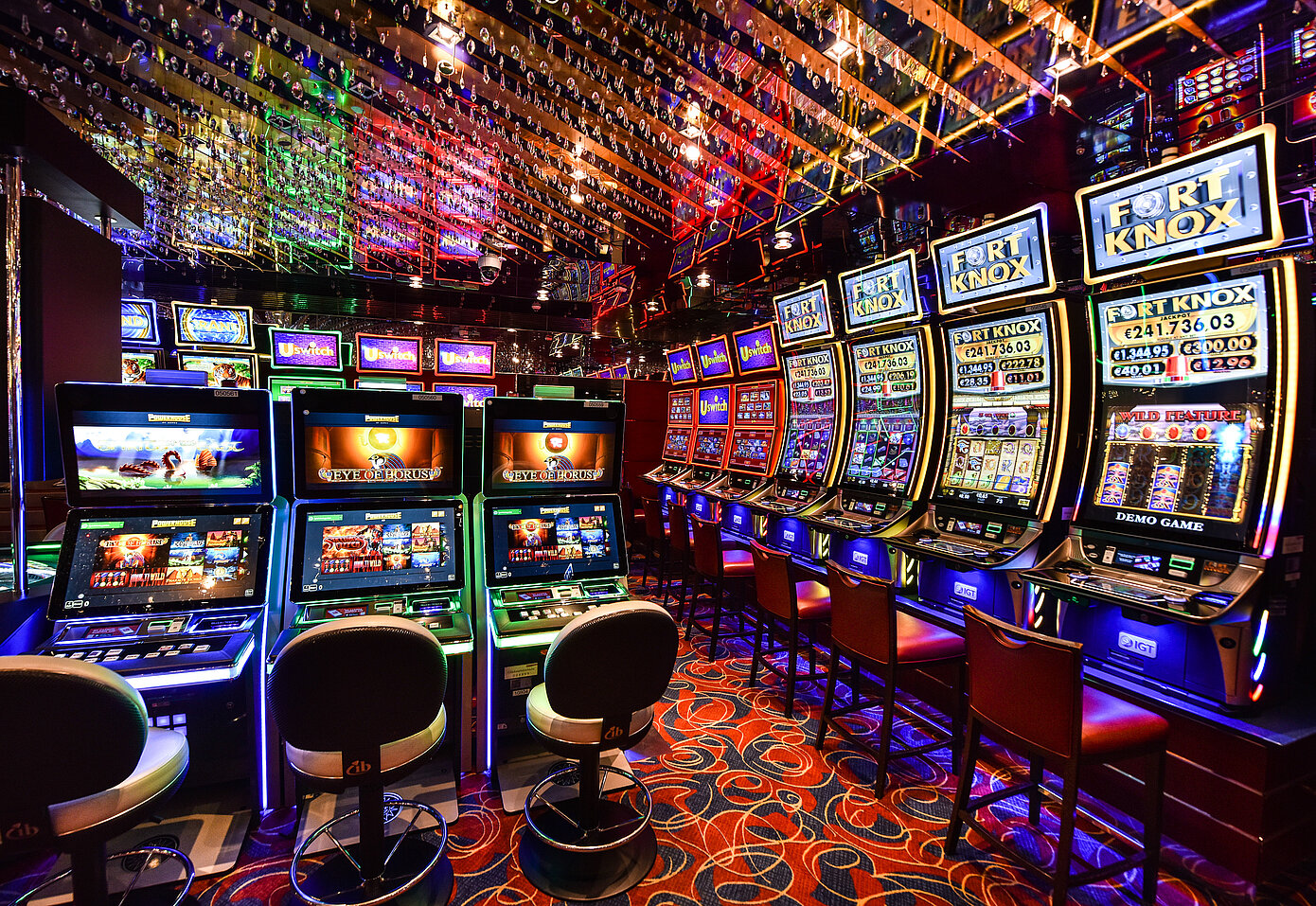In the lively world of betting, gambling house options have long enthralled the imagination of participants around the planet. These games, including classic card options like poker to the spinning reels of slot machines, offer an fascinating blend of luck and skill. While chance undeniably plays a significant role in shaping outcomes, the importance of knowledge in many casino activities cannot be neglected. Comprehending how skill influences the game can elevate not only a gambler’s engagement but also their chances of achievement.

As we explore further the mechanics of gambling options, it becomes apparent that some demand a robust grounding of understanding and strategy. Games like blackjack demand more than just fortune; they call for critical thinking, psychological insight, and calculated decision-making. In comparison, other activities, such as roulette and slot machines, are primarily based on chance, allowing participants to rely entirely on fortune. This difference raises fascinating questions about what truly drives achievement in the realm of casinos and how a player’s competences can sway the outcome in their benefit.
Grasping Skill vs. Luck in Gambling Activities
Within the world of casino games, the discussion between skill and luck is a enduring one. Numerous games are frequently divided into two categories: those that depend predominantly on randomness, such as slots and roulette, and those where skill plays a major role, like the game of poker and 21. The distinction is important because it affects not only gameplay strategies but also the approach players take when engaging with these games. Although luck can play a critical role in the immediate, skilled players can improve their odds of winning over the long run in skill-based games.
Skill-based games, especially poker, necessitate players to comprehend odds, psychology, and game theory. A seasoned poker player can read opponents, make calculated bets, and understand when to fold, all of which can lead to greater favorable outcomes. On the other hand, in games that are purely based on chance, no amount of skill can alter the odds. This means that although a player may win big in one session, their success may frequently be at the mercy to the whims of random outcomes rather than any strategic expertise.
In the end, both skill and luck exist together in the world of casino games, creating a dynamic environment for players. Although games of chance can provide excitement and instant gratification, mastery and strategy in skill-based games offer a deeper level of engagement for those willing to invest time in refining their craft. 789P This interaction between skill and luck defines the experiences of players and influences their connection with the games they choose to play.
The Impact of Expertise on Casino Results
In the world of gambling games, proficiency plays a crucial role in determining the results, especially in activities where strategy and decision-making are essential. For instance, in poker, players must analyze opponents, calculate probabilities, and make calculated bets to maximize their chances of succeeding. Unlike activities that depend purely on chance, such as slot machines or the roulette wheel, poker demands an understanding of both the game mechanics and the behavior of other players, making expertise a vital component of success.
Additional strategy-based activities, like the game of blackjack, also highlight the importance of player expertise. Knowledge of basic strategy, card counting, and when to hit or stand can significantly influence the casino advantage. A skilled 21 player can lower this edge and improve their chances of success over time. This contrasts with games that do not allow for such strategic play, showcasing how the level of skill influences the possibility for favorable results.
Moreover, even within games deemed primarily luck-based, like craps, the choices made by gamblers can impact their overall success. Choosing the optimal bets, comprehending the odds of different outcomes, and managing one’s funds are essential factors that can enhance a participant’s experience and results. Thus, while luck remains a component in casino games, ability can substantially affect how effectively participants navigate these settings, leading to more positive results.
Approaches for Skillful Play in Casinos
To succeed in casino games, players must develop a robust understanding of the rules and odds involved in various games. This foundational knowledge enables individuals to make wise choices, especially in skillful games like poker and blackjack. Familiarizing oneself with game strategies, such as keeping track of cards in 21 or identifying betting patterns in Texas Hold’em, can significantly enhance a player’s chances of winning. Practicing these tactics through mock games or low-risk games allows players to refine their skills without risking substantial amounts of money at stake.
One more key strategy is bankroll management. Players should set a spending limit before going into the gaming establishment and follow it faithfully. This involves determining how much they are prepared to lose and imposing restrictions on how much they will wager in each session. By keeping a disciplined approach to gambling, players can prolong their play and reduce the chance of significant losses. Additionally, taking time-outs can help preserve a clear head and prevent impulsive decisions that often lead to bad gameplay.
Ultimately, emotional control is essential in the intense environment of a gambling house. Players must be adept at controlling their emotions, particularly during times of winning or losing streaks. Staying focused and not letting emotions dictate gameplay can lead to more sound decisions. Methods such as taking deep breaths or stepping away from the table during heated moments can help keep composure. By cultivating a balanced mindset, players can approach casino games with assurance and skill, ultimately enhancing their overall gaming experience and results.